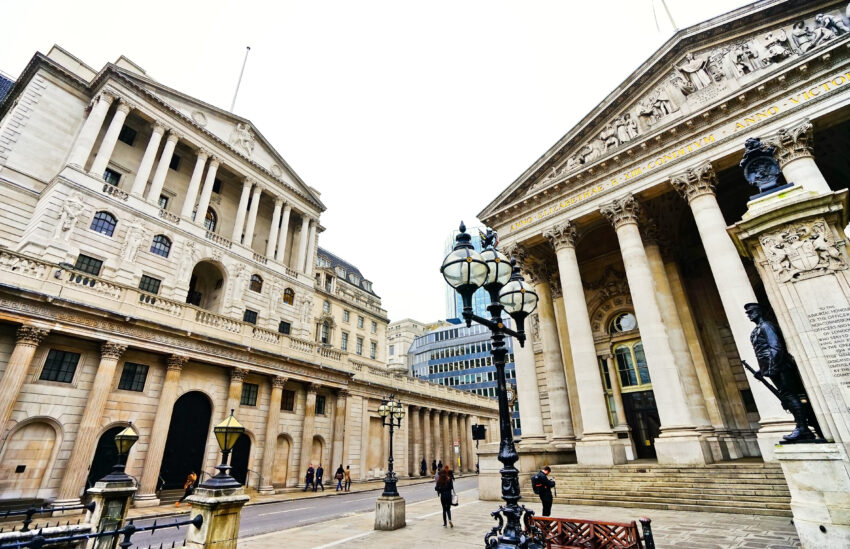[ad_1]
A Financial institution of England official has stated that rates of interest may attain 2 per cent or extra within the subsequent yr because the central financial institution tries to tame inflation.
Michael Saunders, who will go away the Financial institution’s rate-setting financial coverage committee after its assembly subsequent month, stated it was not “implausible or unlikely” that the central financial institution would increase rates of interest by 0.75 proportion factors or extra within the subsequent yr. This could be consistent with predictions by monetary markets.
The Financial institution has applied 5 back-to-back rises to elevate rates of interest from the low of 0.1 per cent adopted in the course of the pandemic to a 13-year excessive of 1.25 per cent.
Saunders, who joined the Financial institution in 2016 after working within the Metropolis, was among the many minority of rate-setters to vote for a 0.5 percentage-point rise previously two coverage committee conferences. Such an increase would have been unprecedented within the 25 years since duty for financial coverage was handed to the Financial institution by the Treasury.
He advised an occasion hosted by the Decision Basis suppose tank yesterday that the financial coverage tightening cycle should still “have some solution to go”. “I word that the Financial institution of England market contributors survey and the Treasury’s survey of exterior forecasters each counsel that [the base rate] will rise to round 2 per cent within the subsequent yr. Market pricing is even increased,” he stated, including that such a path wouldn’t essentially go away inflation beneath its 2 per cent goal over time.
“With out wishing to endorse these views too strongly, I don’t regard such an end result [that the Bank rate will have to rise to 2 per cent or higher during the next year to return inflation to target] as implausible or unlikely,” he stated.
The Financial institution is grappling with inflation of 9.1 per cent, a 40-year excessive, that’s anticipated to peak at greater than 11 per cent in October when the power value cap is elevated by Ofgem, the regulator. The common family power invoice might exceed £3,200, forecasters say.
Central banks are struggling to comprise inflation, which is being pushed by the rising prices of power and gasoline, with out inflicting a recession — outlined as two consecutive quarters of financial contraction.
The pound picked up by one cent to $1.20 and made minor good points towards the euro to succeed in €1.18 yesterday.
Final month the US Federal Reserve raised America’s rates of interest by its greatest margin since 1994 and the European Central financial institution has stated that it’s open to a charge rise of 0.5 proportion factors in September if the financial outlook is weak.
Merchants anticipate the Financial institution to lift charges by 0.5 per cent at its subsequent assembly and that charges will probably be at 3 per cent by the tip of the yr.
Saunders, who will probably be changed on the nine-strong committee by Swati Dhingra, of the London Faculty of Economics, stated charge rises on this tightening cycle might seem larger as a result of rates of interest began at a historic low. He stated “hostile shocks” reminiscent of Brexit, Covid-19, the struggle in Ukraine and surging power costs had “considerably diminished potential development and lifted inflation”.
It was vital to keep away from growing expectations that inflation would stay excessive, he stated. “With extra demand and low potential development, some additional financial tightening stays doubtless in coming months to make sure inflation returns to the two per cent goal on a sustained foundation,” he stated.

[ad_2]
Source link








